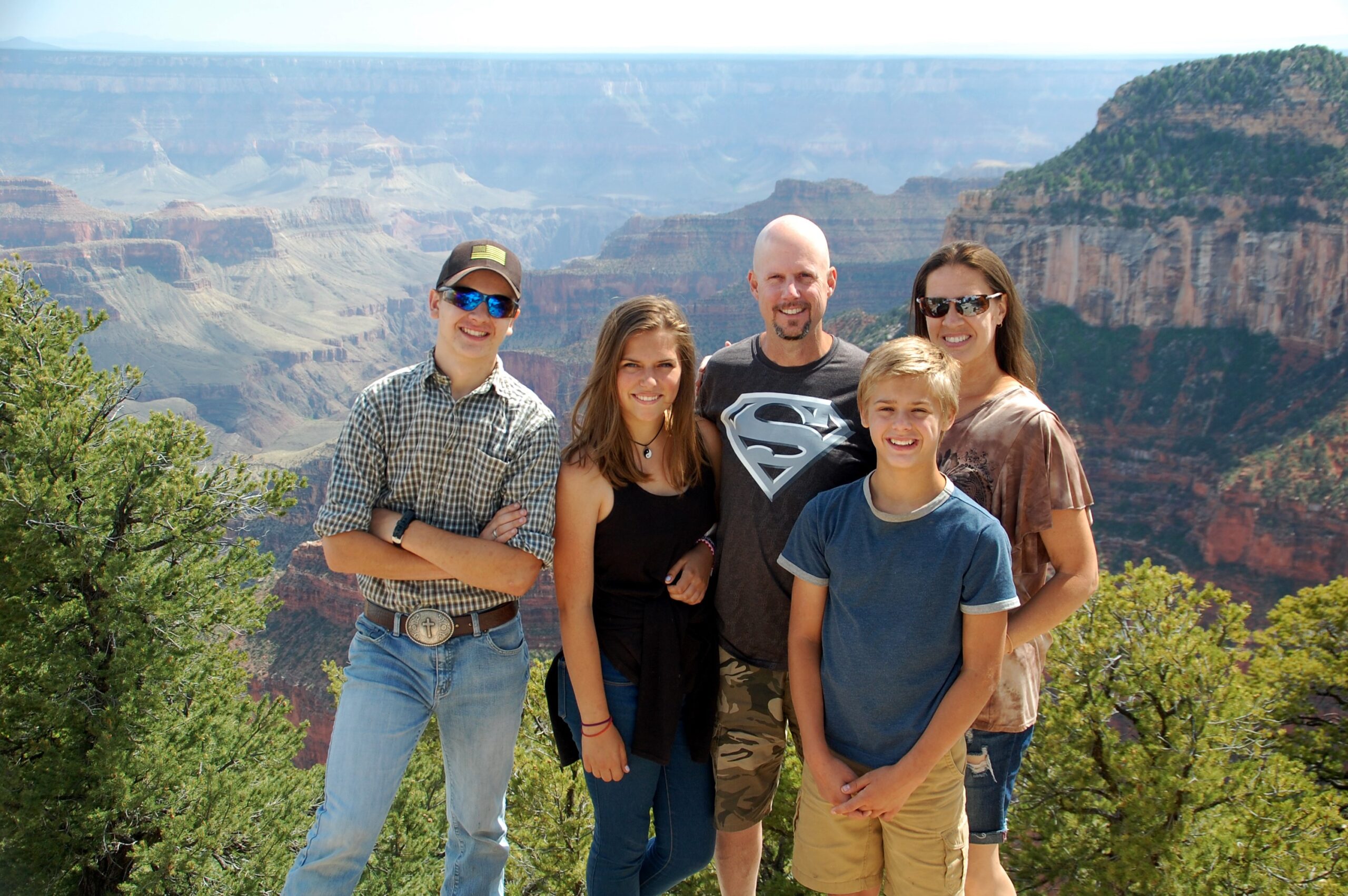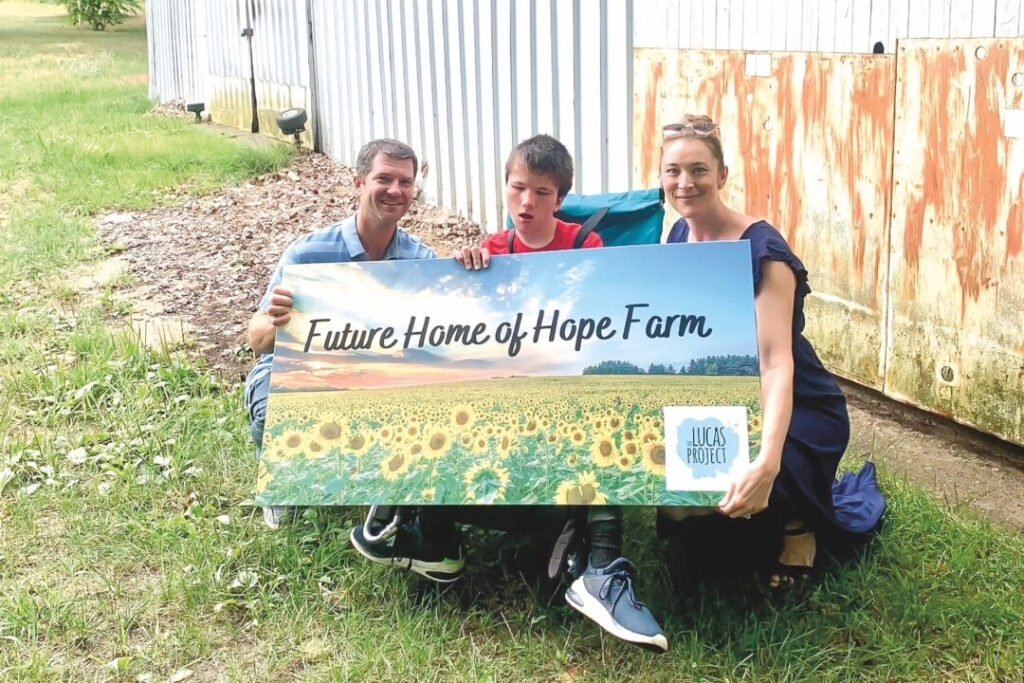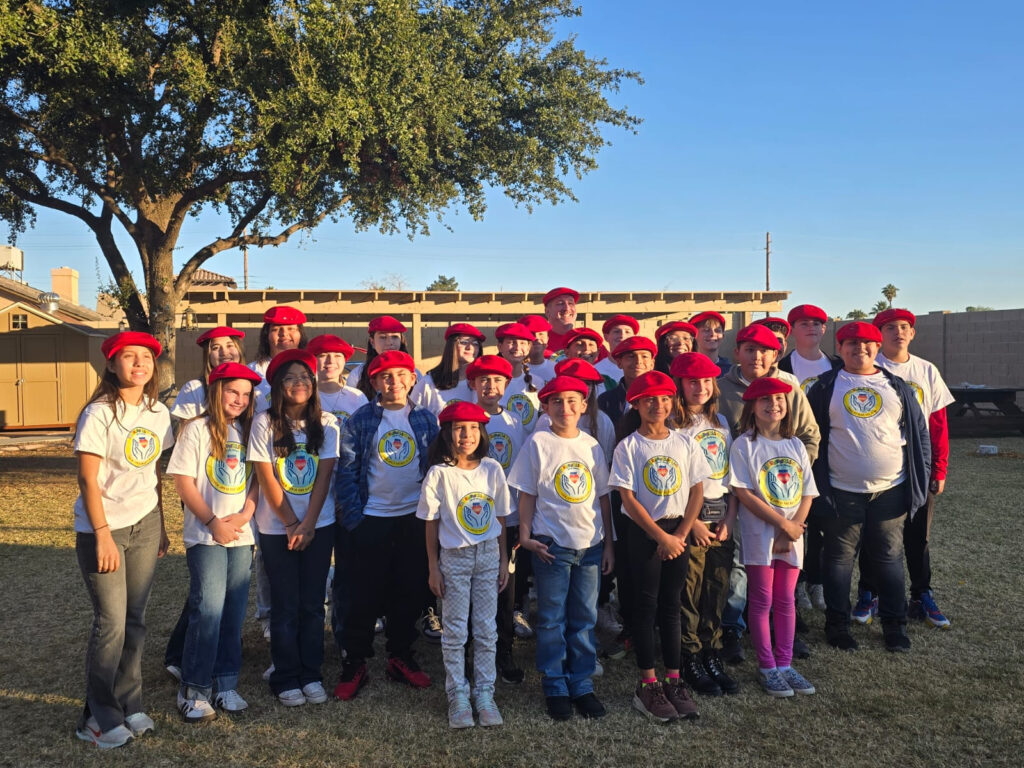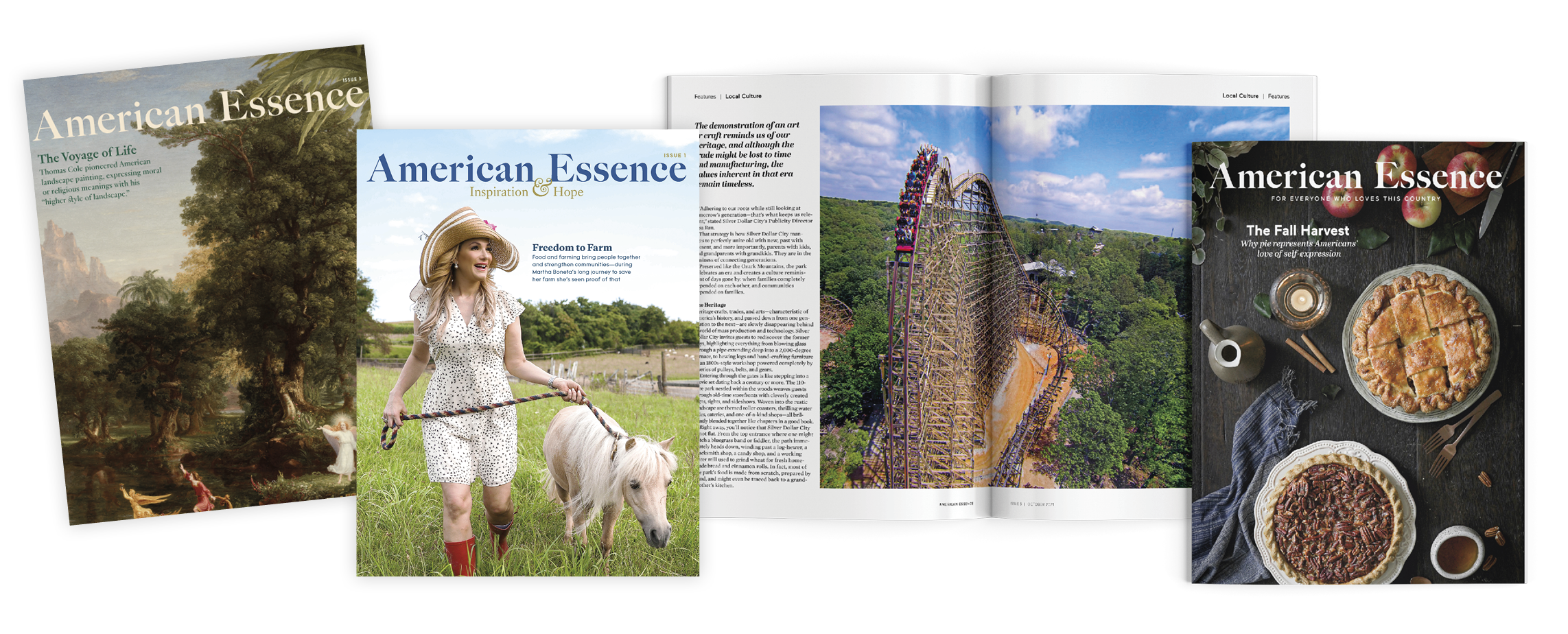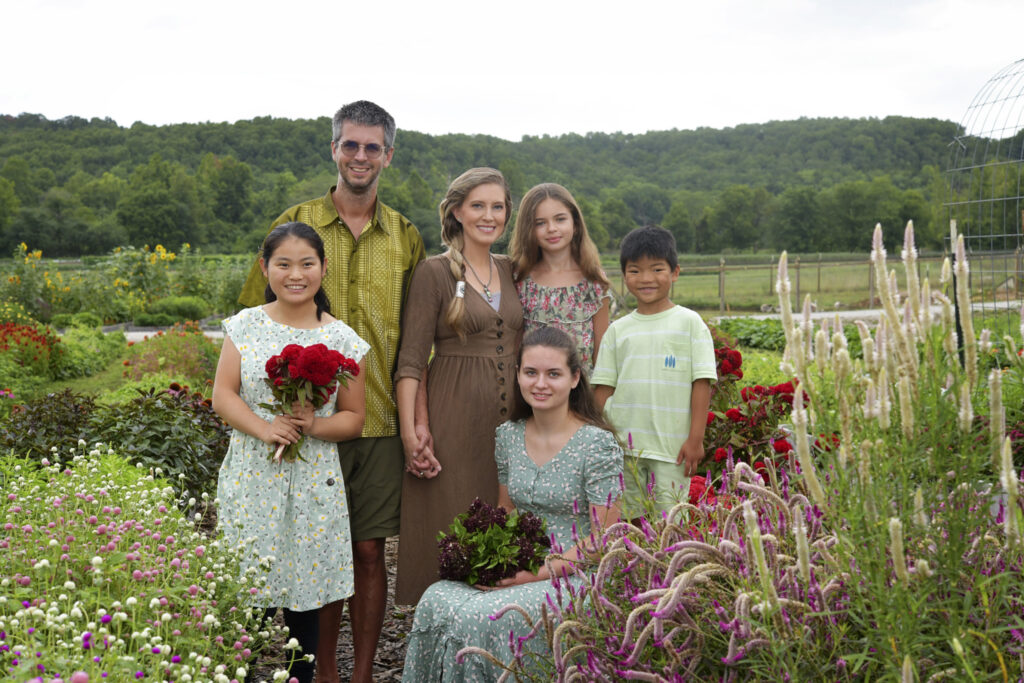When Margie Hamel Lundy and her husband, Allen Lundy, decided to road school their three children in 2010, they didn’t ask school authorities in Ohio for permission. “We didn’t offer up that information either when we left,” Mrs. Lundy said in an interview. “We were already working from home and were homeschooling our kids.” So, they packed up their fifth wheel travel trailer, which they had hooked to their truck for weekend camping trips, and started driving.
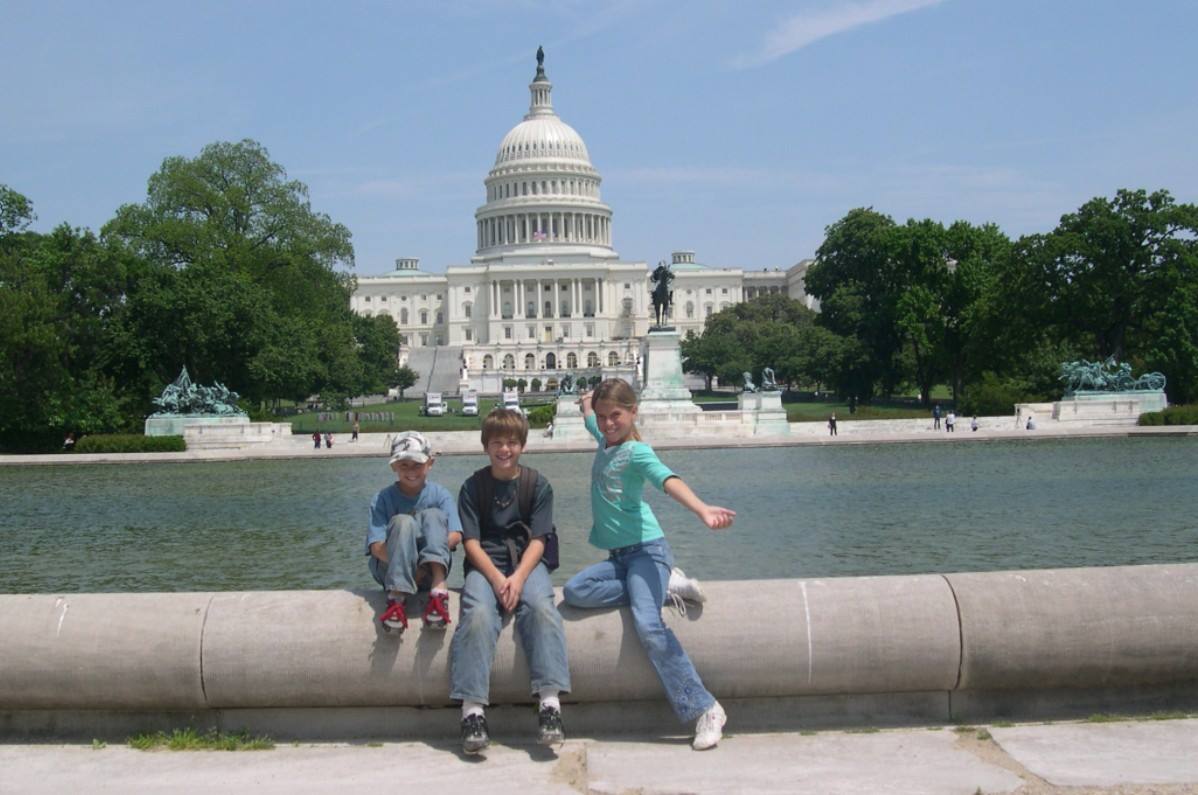
“The biggest obstacle for me was my mindset and learning how to do things in a different way, because growing up traditionally and going to public school is what we knew,” Mr. Lundy said. “Road schooling was scary. It required a big change of mindset. Once we got that, there was so much freedom in it.” For Mr. Lundy, it was the thinking that a child has to sit down at a desk to learn from a specially trained adult that needed to change in order to get behind the idea. “We didn’t realize, until we watched it happen, that kids can learn from anyone and everything all the time,” he said.
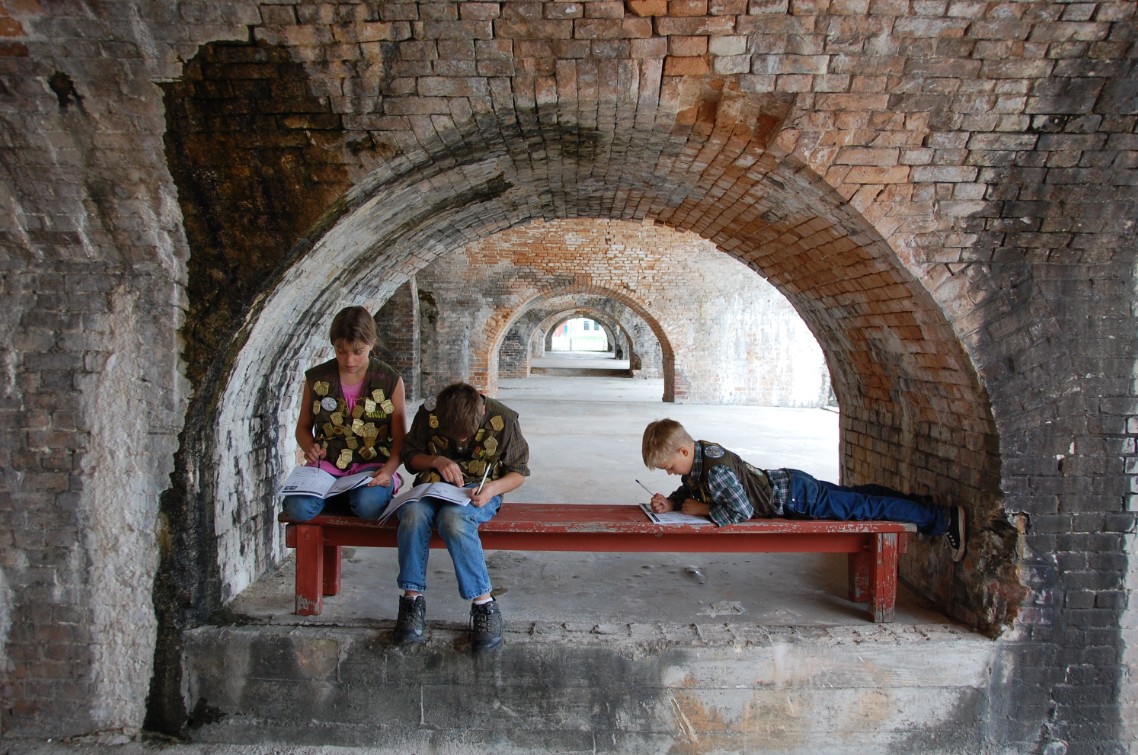
Today, their children Lizzy, 21; Josh, 21; and Matt, 18 are all grown up and living on their own. The Lundys, however, continue to travel the country. “We’re having a good time,” Mrs. Lundy said. “We visit the kids, too. We saw our daughter in Nevada and now we’re seeing our son. It’s fun to travel and see them and then travel again.”
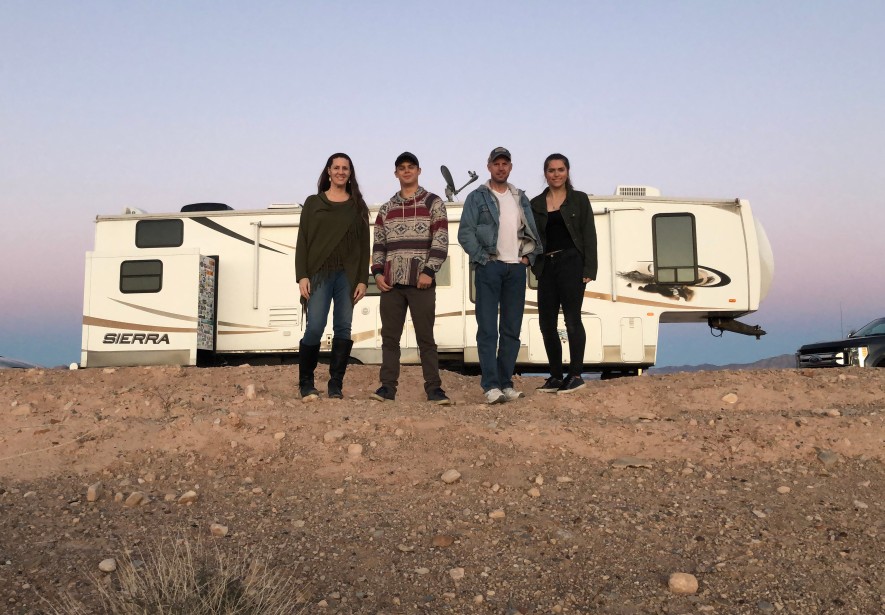
Road schooling—also known as RV homeschooling—is the practice of homeschooling children while driving on the road from city to city or state to state without attending a brick and mortar school building. “Just because it’s called homeschooling doesn’t mean that the schooling has to always take place in your home,” said Thomas J. Schmidt, a staff attorney with the non-profit Home School Legal Defense Association (HSLDA).
Regarding how they homeschooled their kids for 11 years while driving, Mrs. Lundy said the state of Ohio required teacher overviews and some reporting to the county. “It wasn’t hard but we did have to figure it out and talk to some people who were more familiar with Ohio’s homeschool laws,” she said.
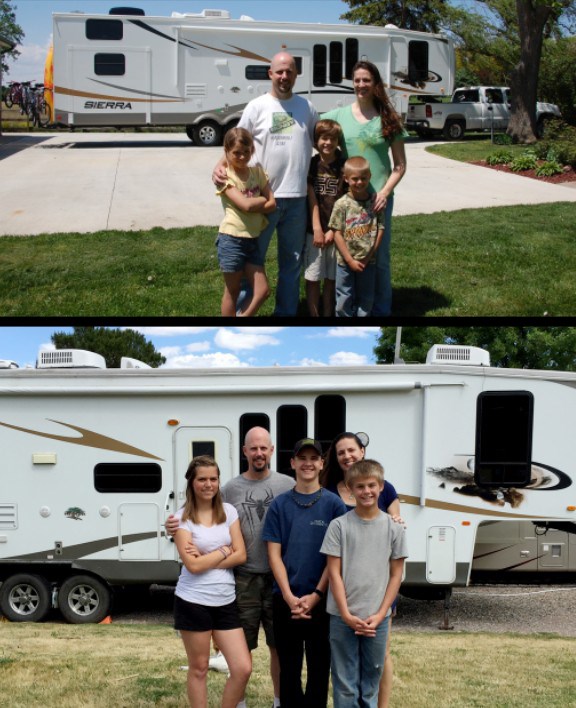
Eventually, the Lundys relocated to Florida, where homeschool accountability is easier. “We joined an umbrella group through Florida Unschoolers and then all you have to do with the umbrella school is report attendance,” she said. “We didn’t have to do a dossier check through an accredited teacher like we did in Ohio. Florida requires private umbrella schools to verify our kids have at least 180 days of attendance each school year, so 45 days each quarter.”
The Lundys are among the 6,000 parents who have participated in the tuition-free Florida Unschoolers, which is a legal path for parents to comply with the state’s attendance law. Others work with the HSLDA. “Children arrive in kindergarten with a strong desire to learn, and they receive great joy from learning,” said Lee Jenkins, author of the book “How to Create a Perfect School.” “If parents who are RVing and homeschooling can keep this desire to learn alive, and if the children receive joy from the learning, the plan is a good one.”
In May, the RV Family Virtual Summit, co-organized by Bryanna Royal, taught parents how to hit the road with their school children in tow. There were multiple Zoom instructional webinars, including: how to transition to road life, how people of color are received on the road, what is the cost of RV living, telling your family you are hitting the road, and how to avoid educational roadschooling potholes and school tickets.
“School doesn’t have to look so traditional,” said LaNissir James, a high school educational consultant with the HSLDA. “It can be very eclectic if you choose.” LaNissir and her husband Lorenzo are homeschooling their seven children on the road in their RV. “I love to use travel guides,” LaNissir said in an interview. “Another favorite is state parks because you can learn a lot of history from the state park. You may have a guide to your state park and then you can talk about the history of the state park.”
Staying overnight and waking up at a camp site is also a great educational opportunity, according to James. “All the campsites have so many fun things and games like chess,” she said. “They have lots of logic games and other things that you can do.”
A downside to the family’s roadschooling, however, is only having one toilet in their RV. “There are times we all are lined up and have to use the bathroom at the same time,” LaNissir said. “There’s a conflict there. They don’t make RVs with three bathrooms yet.”
Juliette Fairley is a graduate of Columbia University’s Graduate School of Journalism. Born in Chateauroux, France, and raised outside of Lackland Air Force Base in Texas, Juliette is a well-adjusted military brat who now lives in Manhattan. She has written for The New York Times, The Wall Street Journal, TheStreet, Time magazine, the Chicago City Wire, the Austin-American Statesman, and many other publications across the country.

